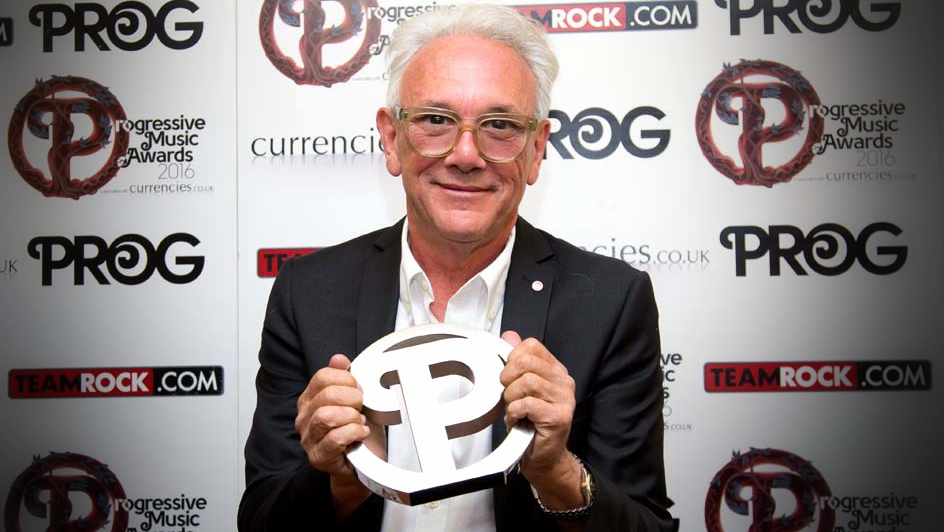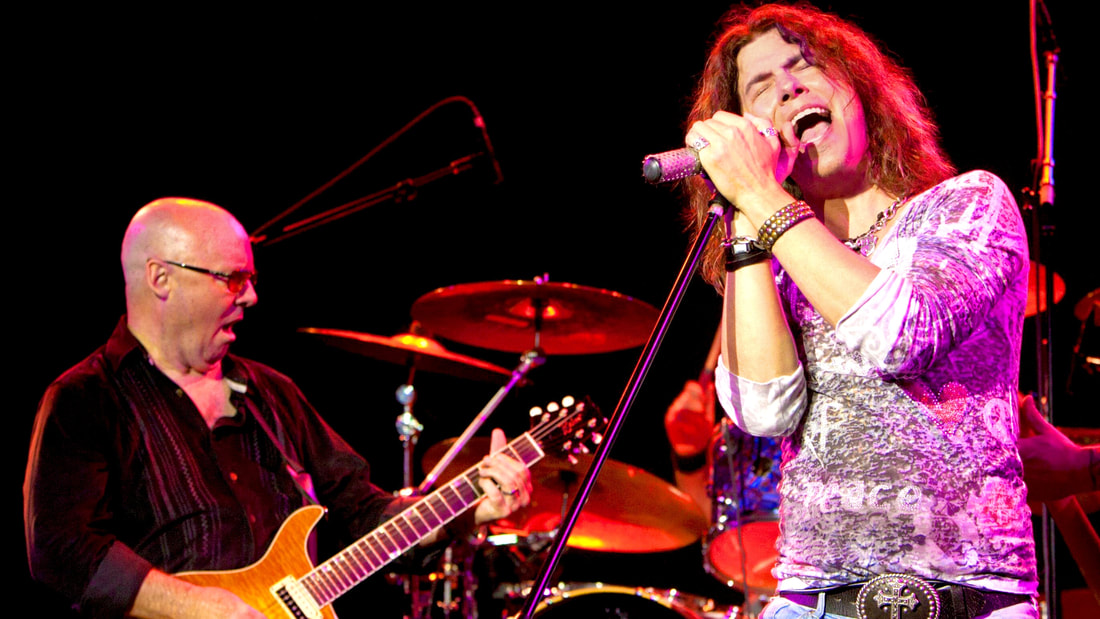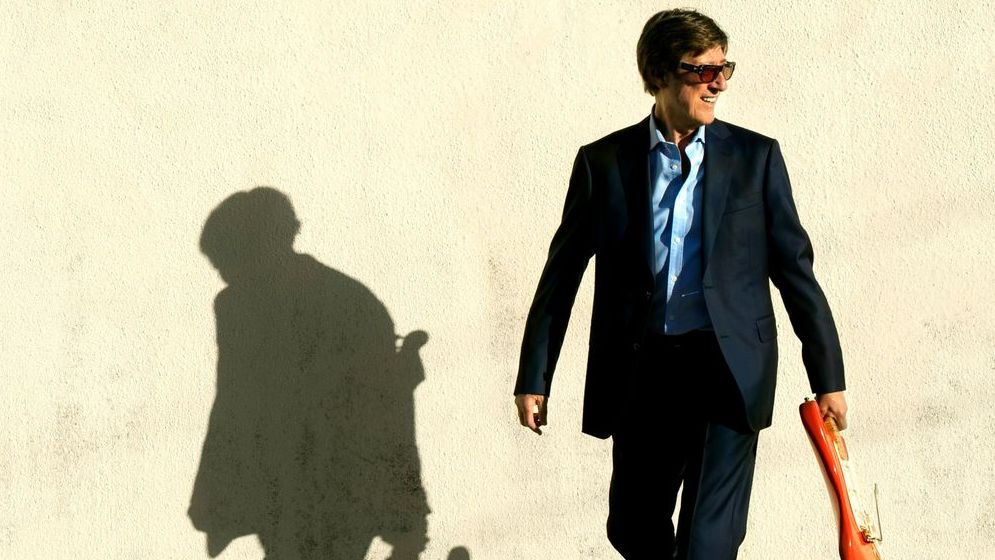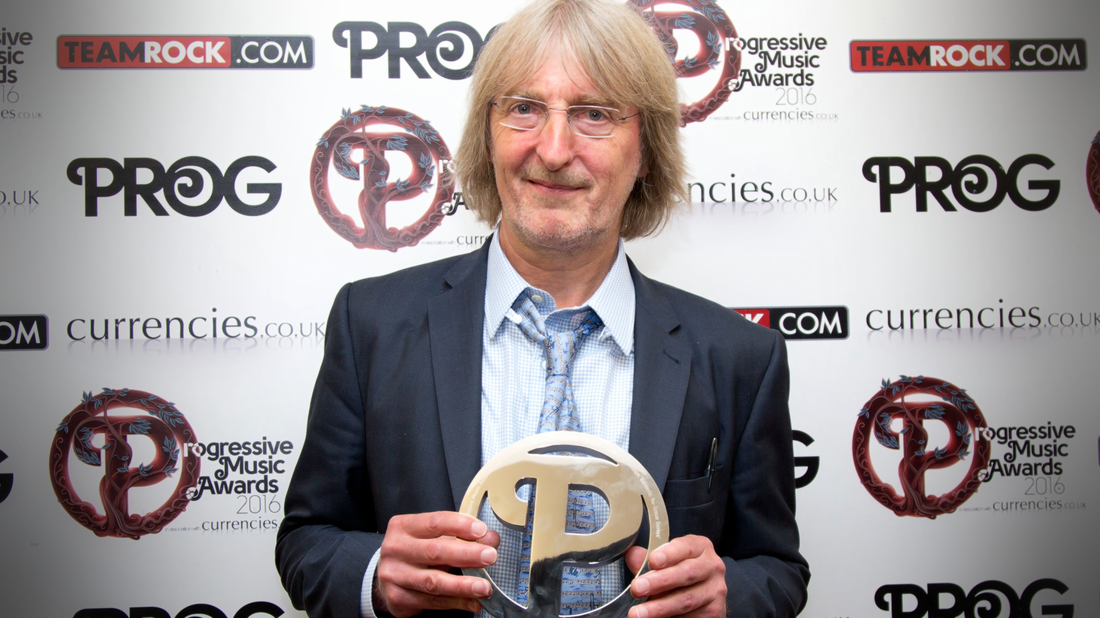The first references to gambling were found in the works of Sophocles dating back to 500 B.C. Games for money at this time were quite primitive. Most often it was dice. The essence of the game was to win the player whose number was higher. According to information that has survived to our days, the authorities did not approve of this activity and even banned the game of money in public baths. However, supporters of gambling began to play for pebbles, each of which was assigned a certain equivalent in monetary units. Thus, and the first analogues of chips appeared.
Middle Ages
From antiquity, dice migrated to the Middle Ages. Naturally, they systematically fell under the ban of the clergy as the devil's game. However, their popularity was so great that even some church hierarchies, in particular Witold Bishop of Cambresia, tried to ennoble them, "bringing them back into the bosom of the church". For this purpose, symbols of sins and virtues were carved on the sides of the dice. However, this variant of the game was not widespread. As for gambling houses. They were traditionally taverns for the lower class and salons for the nobility.
Also in the Middle Ages for the first time appeared card games. The traditional deck of four suits with kings, ladies and jacks was first invented in 1392. The author is considered to be the jester of the French king Charles the Sixth, Eakmen Gringonner. Much later gambling variants of card games appeared.
As for Russia, and here the analogue of gambling houses were pubs and permanent courts. As for gambling games. The now quite famous game "Eagle and Tails" used to be a popular gambling game. When playing for one money, a coin was placed on the edge and with a flick was sent spinning. During its movement, players shouted out which side it would fall on. If the game was played for several coins, they were poured into a glass and after a thorough shaking were poured out on the table. The rules for winning were the same.
Renaissance EraIt is on this period there is a mention of the first full-fledged gambling house. In this capacity acted as a certain entertainment institution Riddotto, which in 1638 appeared in Venice. It belonged to the Venetian Republic, so there were no problems with the law and the clergy. What is characteristic modern casino under this name you can still sit in Venice, but it is located in another building.
As it turned out, such establishments were quite profitable and began to appear en masse in other European countries. Here is just a short list of the oldest gambling houses:
- La Redoute de Spa - was opened in Belgium (Liège) in 1762 by Lambert Xrouet, who was the burgomaster of Liège at the time;
- Hausbad - opened in 1765 in Baden-Baden. Originally conceived as a public baths, however, it quickly became the gambling centre of the entire region, despite the official ban on gambling. This gambling house was so wealthy that it opened special "Bath Funds" to finance the construction of roads and public facilities in the town;
- Redoute - 1763 France. At the time it was one of the largest, in all of Europe. The casino building outwardly resembled a palace and gathered the richest public. However, during the French Revolution, the institution began to suffer losses, and was forced to close;
- Le Grand Casino de Monte Carlo was opened in 1856 by Prince Florestan the First of Monaco. Traditionally for that time it combined gambling and bathing houses. For this casino the Prince gave his villa Bellevue. However, later (in 1858) the casino was moved to a separate complex specially designed for gambling.
Modernity
At the moment in Europe, the legislation in relation to gambling is quite loyal. Therefore, the popularity of casinos is due solely to the quality of services they offer. At the moment, historically formed the following centres of gambling business in Europe:
- Baden-Baden - is the gambling centre for Austria, Belgium, Switzerland and Germany;
- Birmingham (UK) - Resorts World Birmingham is a giant restaurant complex with a shopping centre and casino owned by the Genting Group;
- Portugal - small town of Cascais, Estoril complex, the centre of gambling business of the town;
- Monaco - Monte Carlo is the oldest and most famous gambling centre in Europe.









